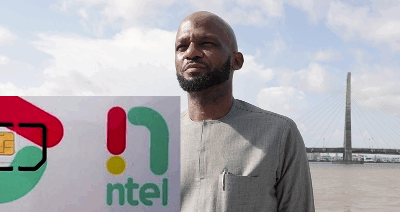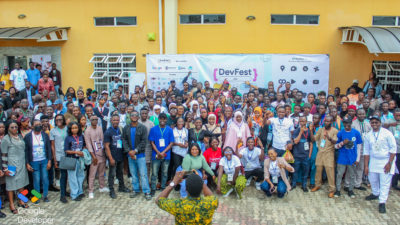Banking has pretty much stayed the same since its inception, but it’s about to change. Aided by artificial intelligence (AI), social media will alter how banks operate and relate with their customer, says finance expert Emmanuel Daniel.
“Over the next few years, we’re about to see a radical shift in how we interact with our financial institutions. Long gone will be the days of a single organization dictating so much about our everyday lives,” says Daniel.
In a new commentary, he states that customers and financial operators must think about the future role of social media when it comes to finance; and why banks aren’t still listening to consumers.
RELATED: Is the banking sector changing forever?
But change has already set in and we should “expect to see our daily lives change during this transition.”
Daniel, a global thought leader in the future of finance, is listed as a top 10 global influencer in the “Fintech Power50” list for 2021 and 2022.
“Something that bankers have not paid any attention to at all is how to use all the content generated in social media to redesign their products in a way that meets the new needs their customers are so amply describing. This is because bankers are still in love with their own products. No matter what their users say in social media, bankers are determined that what their customer needs is yet another deposit or mortgage,” says Daniel.
Adding: “The advent of AI and content processing algorithms are able to discover rich patterns from which banks and even insurance players can design new products and services that are embedded in their customers’ everyday lives. Some of these products are not even dependent on leveraging the bank’s balance sheets. It may involve banks bringing two or more customers together. This is why I think that AI will bring new life into peer-to-peer lending and investing that were not very successful previously.”
Daniel goes on to say that, “Nobody wants a bank “deposit” account. People want to plug into communities where they can generate and exchange value. Nobody wants a “mortgage”. People want homes. Nobody wants an “automobile loan”. People want sleek cars that they can show off. Finance is not an end in itself. It has to find a way to become “embedded” into people’s everyday lives and meet needs when and where these are needed. In the future, people may not need to sign off on a 30-year mortgage where they have no idea what their exact commitments are over such a long period of time.
“Because they belong to networks of communities, users may be more interested in a more advanced form of time-share where they get temporary leases from banks. These needs become clearer as people interact with each other more in highly networked communities.”
Daniel is also a global entrepreneur, the founder of platforms such as The Asian Banker and Wealth and Society, through which Daniel has had extensive contact with leaders in banking and finance around the world. His new book, “The Great Transition: The Personalization of Finance is Here,” has already received rave reviews from the US House of Representatives and Chairman, House Financial Services Committee, Barney Frank, and retired Chairman and CEO of Wells Fargo, Dick Kovacevich.































